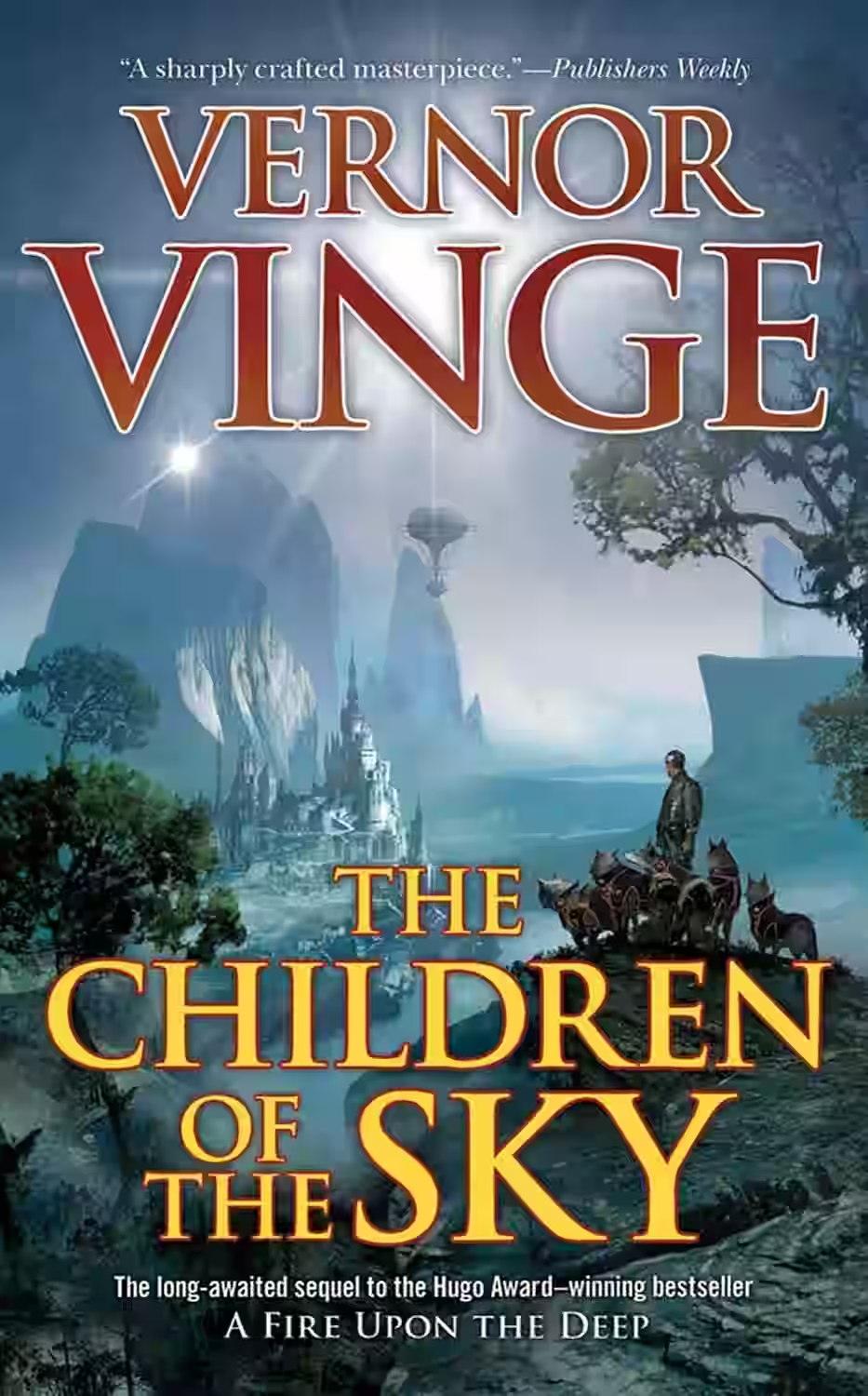
In Vernor Vinge's 'The Children of the Sky,' readers are taken on a thrilling journey to a distant planet where humans struggle to survive among alien races with advanced technologies. Set in the same universe as Vinge's award-winning 'A Fire Upon the Deep,' the novel explores themes of survival, cooperation, and ethical dilemmas in a complex and vividly imagined world. As the humans navigate political intrigue and technological challenges, they must confront their own limitations and prejudices. Vinge delivers a thought-provoking narrative that keeps readers on the edge of their seats with its intricate plot and engaging characters.
About Zones of Thought Series
The Zones of Thought trilogy by Vernor Vinge is a masterful hard‑science fiction epic exploring how cosmic regions shape intelligence and technology. In A Fire Upon the Deep, a galactic catastrophe unleashes a rogue super‑AI (“the Blight”), forcing humans and dog‑like Tine aliens into a raw survival struggle, revealing the layered Zones of Thought. The second book, A Deepness in the Sky, is a prequel spotlighting the human trading culture Qeng Ho versus the ruthless Emergents, set on a planet in “the Slow Zone.” The Children of the Sky follows the aftermath, focusing on rebuilding civilization. Epic scope, intricate worldbuilding, and philosophical depth—an unforgettable saga.
About Vernor Vinge
Vernor Vinge, born in 1944, is a celebrated American science fiction author and computer scientist known for his groundbreaking works in the genre of hard science fiction. With a Ph.D. in mathematics and a keen interest in technological advancements, Vinge's novels often explore complex themes such as artificial intelligence, post-singularity societies, and the impact of technological progress on humanity. His most renowned works include the Hugo Award-winning novels 'A Fire Upon the Deep' and 'A Deepness in the Sky.' Vinge's writings have significantly influenced the genre by delving into the implications of futuristic technologies while maintaining a strong narrative drive, earning him a well-deserved reputation as a visionary in science fiction literature.
Other Books by Vernor Vinge
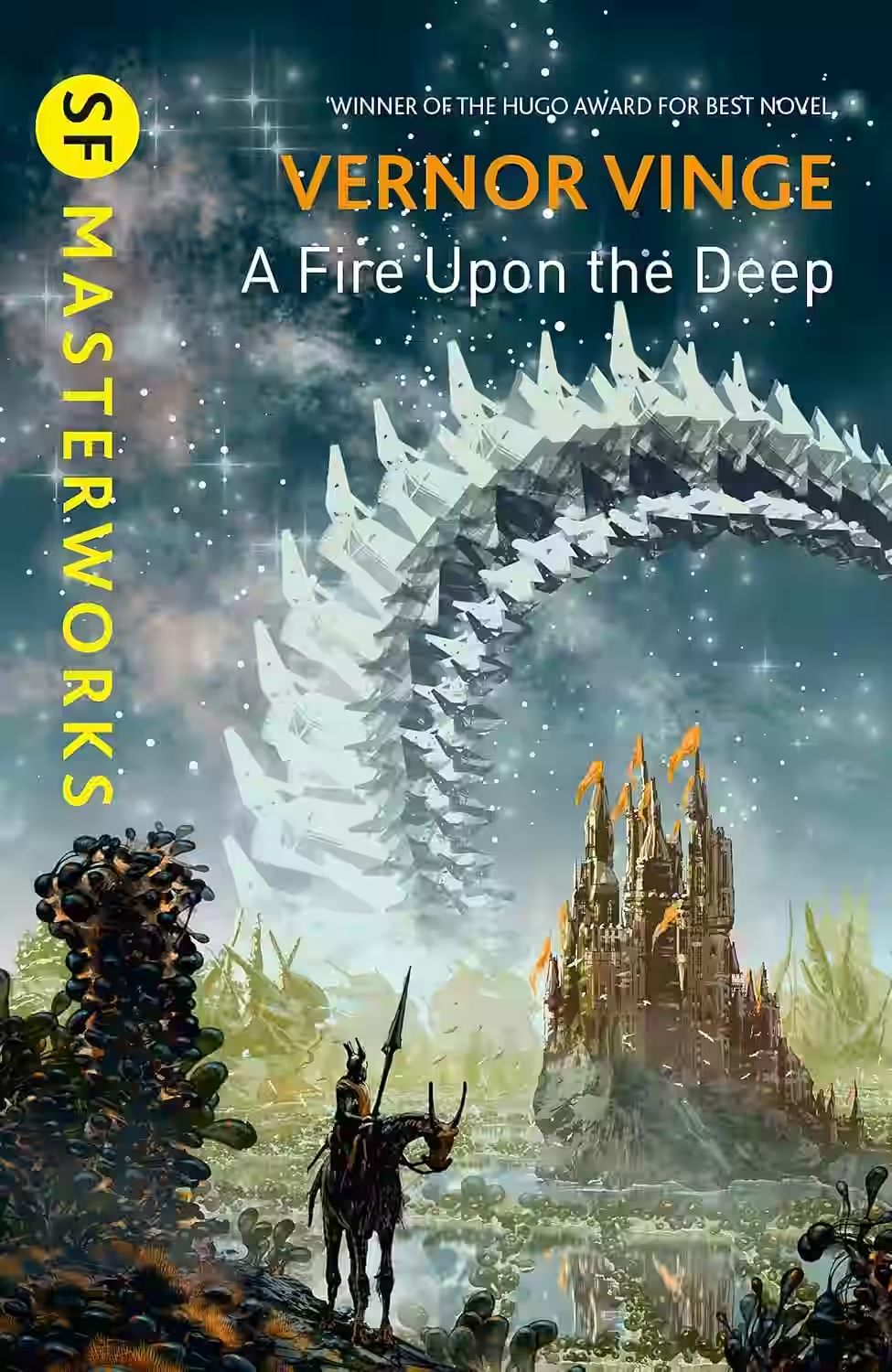
A Fire Upon the Deep
by Vernor Vinge
Series: Zones of Thought (#1)
In Vernor Vinge's 'A Fire Upon the Deep,' readers are transported to a galaxy where civilizations are grouped by their proximity to the 'galactic core' which determines the level of technology and intelligence they can access. When a malevolent force, the Blight, is accidentally awakened, it threatens all life in the galaxy. The story follows various characters as they navigate this new threat, blending hard science fiction with grand space opera themes. Vinge masterfully explores concepts of technology, consciousness, and the nature of intelligence, creating a rich and immersive world that challenges readers' perceptions of the universe.
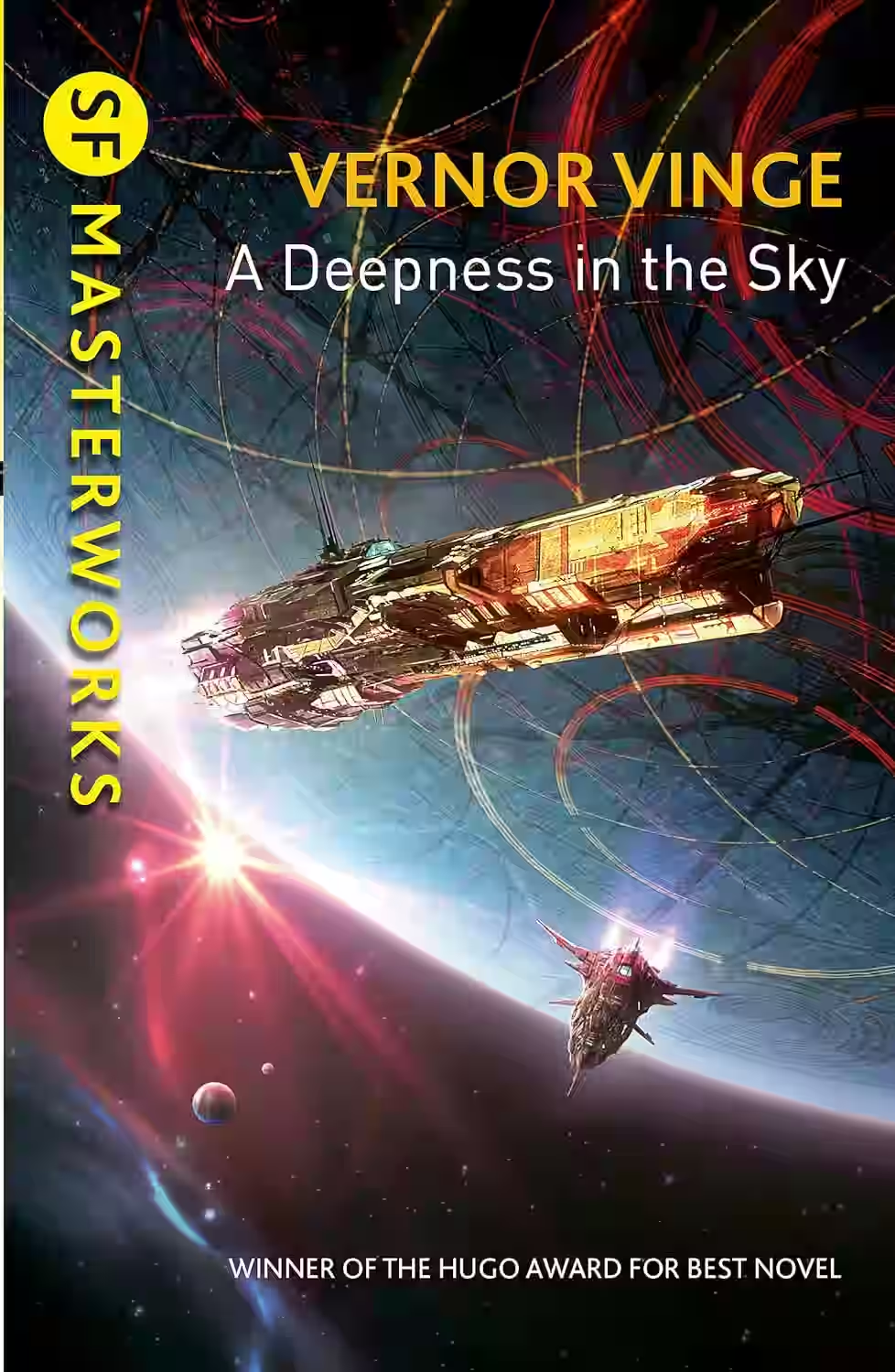
A Deepness in the Sky
by Vernor Vinge
Series: Zones of Thought (#2)
Vernor Vinge's 'A Deepness in the Sky' transports readers to a captivating universe where two rival civilizations clash in a gripping tale of politics, technology, and the complexities of human nature. Set amidst a galactic struggle for power, the story follows a cast of diverse characters as they navigate intrigue, betrayal, and moral dilemmas. With thought-provoking themes on the nature of consciousness, societal evolution, and the consequences of advanced technology, Vinge creates a masterful narrative that keeps readers engaged from start to finish. The intricate world-building and compelling character development make 'A Deepness in the Sky' a must-read for fans of hard science fiction.
Similar Books
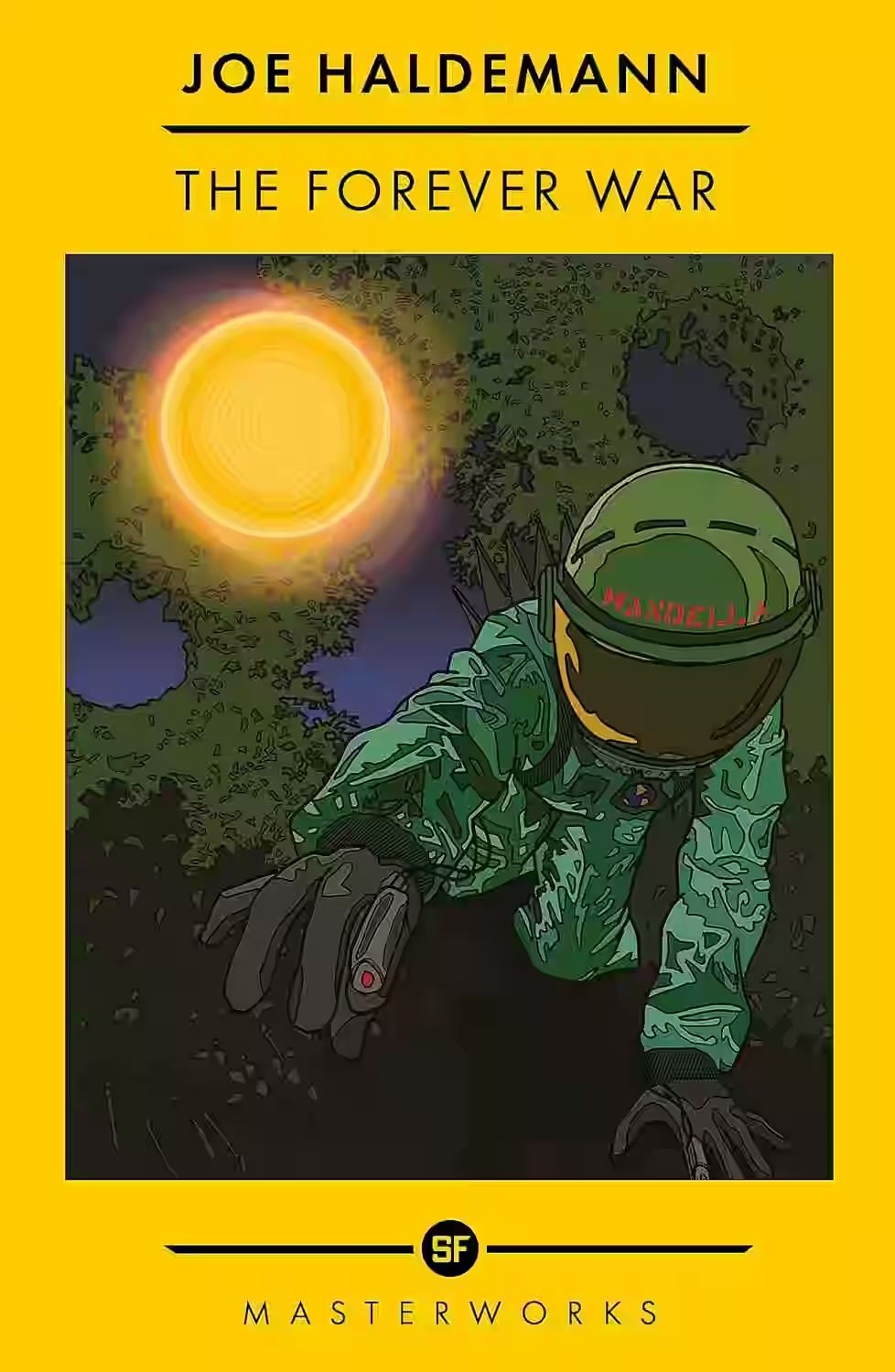
The Forever War
by Joe Haldeman
Joe Haldeman's "The Forever War" is a seminal piece of science fiction that delves into the harrowing experiences of interstellar warfare, juxtaposed against the passage of time. The novel follows William Mandella, a soldier drafted to fight in an endless war against an alien species known as the Taurans. As Mandella battles across the universe, time dilation effects result in decades passing on Earth, leaving him disconnected from humanity and culture. The book explores themes of isolation, the futility of war, and the struggles of returning soldiers. Haldeman, drawing on his own experiences in the Vietnam War, crafts a powerful narrative that remains a poignant and thought-provoking commentary on conflict and human perseverance. Through its reflections on the relentless passage of time and changing societies, "The Forever War" challenges readers to consider the impact of war on the soldier's psyche and the societal changes they must face upon returning home.

Pretties
Series: Uglies (#2)
In 'Pretties,' the second installment of Scott Westerfeld's 'Uglies' series, readers are transported back into a world where everyone is obsessed with physical perfection. The story follows Tally Youngblood, who has undergone the transformation into a 'Pretty,' reveling in her new life filled with beautiful people and endless parties. However, Tally's carefree existence is threatened as she receives a chilling reminder of her past, pushing her to question the superficial perfection she's embraced. Themes of identity, choice, and the cost of beauty are explored against the backdrop of a society where conformity is prized. Westerfeld effectively balances thrilling action with thought-provoking social commentary, making this a compelling read for young adults and retaining the momentum from its predecessor. 'Pretties' challenges readers to consider the true definition of beauty and the sacrifices made for acceptance, all while keeping them hooked with its fast-paced plot and evolving characters.
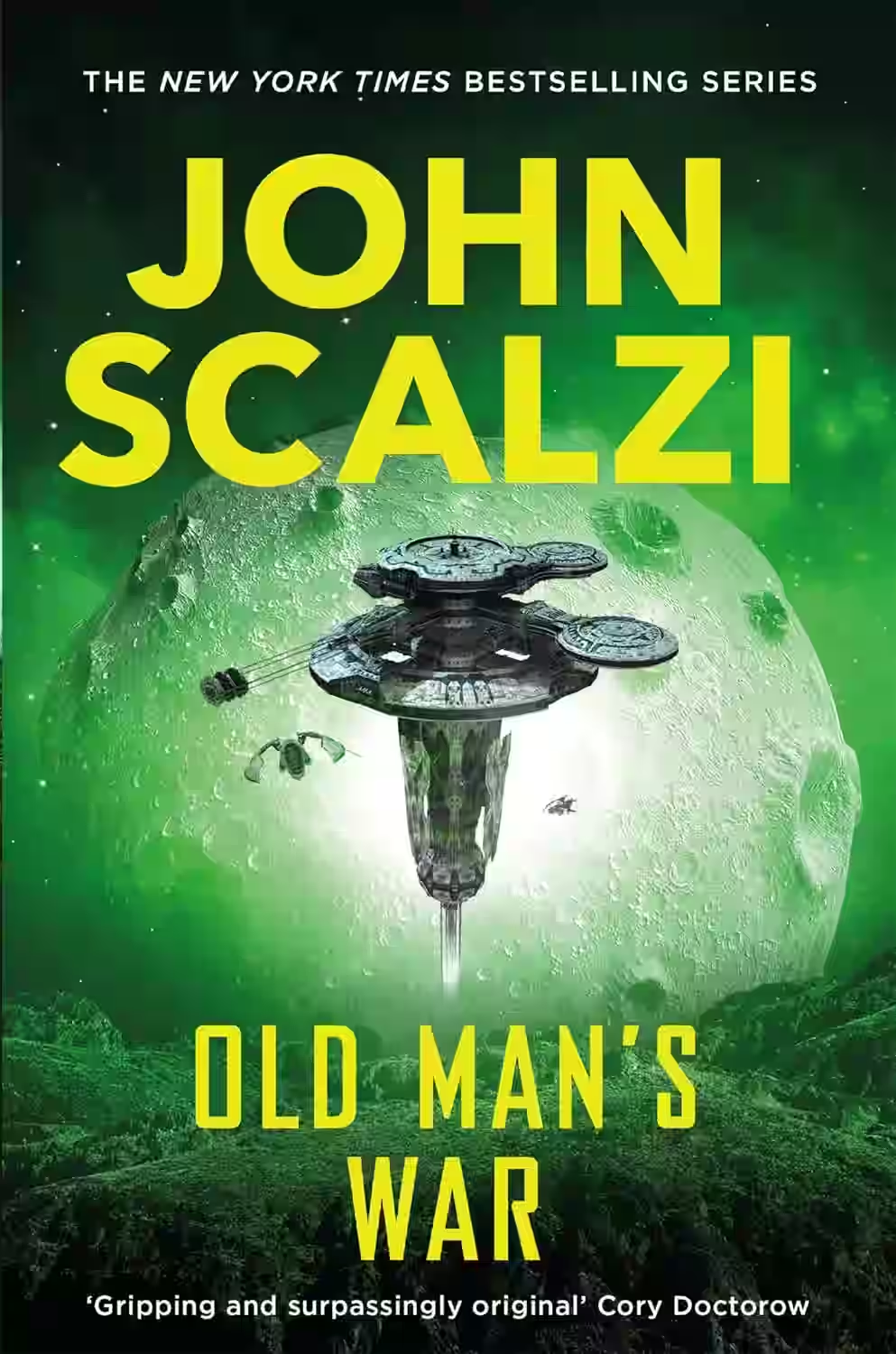
Old Man's War
by John Scalzi
Series: Old Man’s War (#1)
John Scalzi's 'Old Man's War' offers a fresh take on military science fiction, blending adventure with insightful explorations of aging, humanity, and war. The novel follows John Perry, who, at 75 years old, enlists in the Colonial Defense Forces, leaving Earth behind for a future he never expected. Scalzi crafts a compelling universe where the elderly are rejuvenated into youthful, enhanced bodies to fight in interstellar conflicts. The book is lauded for its humor, brisk pacing, and thought-provoking examination of identity and mortality. With its balance of action and introspection, 'Old Man's War' captivates both sci-fi fans and newcomers alike, making it a standout in the genre.
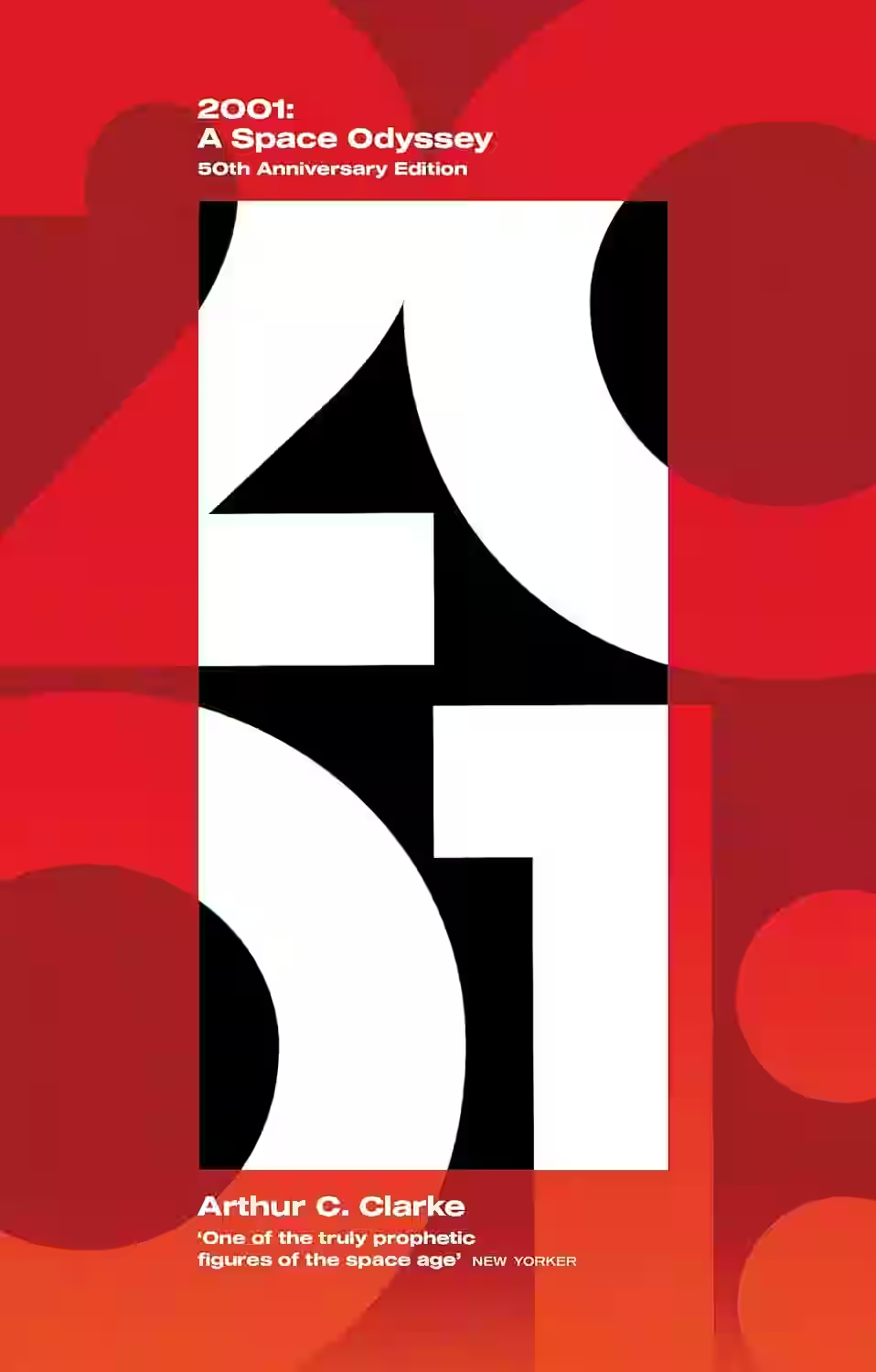
2001: A Space Odyssey
Arthur C. Clarke's '2001: A Space Odyssey' is a groundbreaking science fiction masterpiece that explores themes of evolution, technology, and the existence of extraterrestrial life. The novel follows the journey of a crew on a space mission to investigate a mysterious, alien monolith that may hold the key to humanity's place in the universe. As they traverse the vast reaches of space, encountering the enigmatic computer HAL 9000, the crew grapples with questions of identity, consciousness, and the nature of intelligence. Clarke's visionary storytelling and scientific accuracy have cemented this novel as a classic of the genre, inspiring generations of readers and influencing countless works of science fiction.